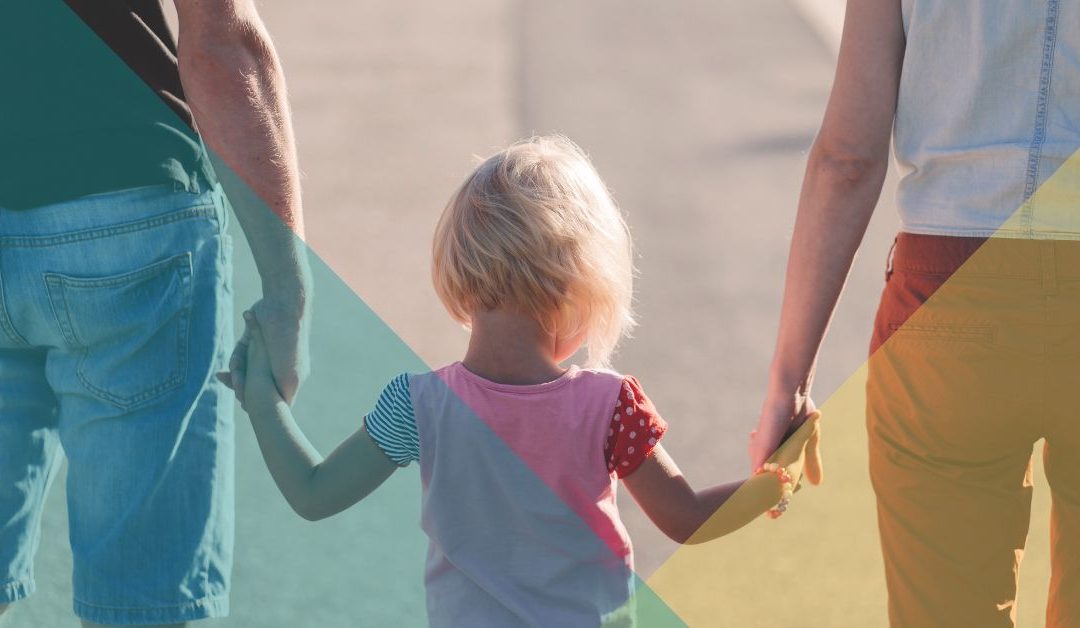Signs of Emotional Abuse in Children and How to Support Their Healing Journey
Emotional trauma, or emotional abuse, is just one kind of trauma or abuse one can suffer from. Sometimes it can be difficult to spot the warning signs in the children under your care. However, it is crucial to know these signs so that you can help support children with emotional trauma in a more effective way.
Let’s take a look at what is considered emotional trauma, the various types of emotional abuse, and the steps you can take to support children with trauma and guide them toward healing.
What is Emotional Trauma?
Emotional trauma, or abuse, involves continual emotional mistreatment of a child. Sometimes emotional trauma is called psychological abuse. No matter what you call it, it involves deliberately trying to scare, humiliate, isolate, or ignore a child.
The types of emotional abuse can include:
- Humiliating or criticizing a child
- Threatening, shouting at, or calling the child names
- Making the child the subject of jokes or sarcasm to hurt them
- Blaming or scapegoating
- Making the child perform degrading acts
- Not recognizing the child’s own individuality, or controlling their life
- Pushing the child too hard or not recognizing limitations
- Exposing the child to upsetting events or situations, such as domestic abuse
- Failing to promote the child’s social development
- Not allowing them to have friends
- Persistently ignoring them
- Being absent
- Manipulating the child
- Never saying anything kind or expressing positive feelings toward the child
- Never showing any emotions in interactions with the child (emotional neglect)
Emotional abuse is just as damaging as physical abuse. It can lead to some serious emotional and behavioral problems for the child if left unaddressed.
What are the Signs of Emotional Trauma?
It’s important to not just recognize the signs of emotional trauma in a child, but also indicators in adults who are caring for that child.
Indicators in Caretakers
These are some of the signs that a caretaker may be engaging in emotional abuse of a child:
- They place demands on the child that are based on unreasonable or impossible expectations with no consideration for the child’s developmental capacity.
- The child is used as a “battleground” for marital conflicts.
- The child is used to satisfy the caretaker’s own ego and the child is neither mature nor old enough to understand.
- The child is objectified by the perpetrator, or referred to as “it.”
- The child is a witness to domestic violence.
Warning Signs in Children
A child who is suffering emotional trauma or abuse may exhibit:
- A lack of confidence or self-assurance.
- Withdrawal, apathy, or depression.
- Difficulty controlling emotions.
- Aggression, outbursts, or little to no verbal/physical communication with others.
- Rhythmic or repetitive movements such as rocking.
- Anxiety or unhappiness.
- Lacks social skills considered normal for their stage/age.
- Difficulty forming healthy relationships or maintaining relationships.
- Having few or no friends.
- Seems to be isolated from guardians/parents/family.
- Forming indiscriminate attachments or is clingy.
- Persistently runs away from home or misses school.
- Exaggerated fearfulness.
- Behavior that is infantile or adult-like.
- A lack of sleep.
- Attempts at self-harm/suicide.
- Eating disorders.
- Bed wetting or fecal soiling.
- Overly rigid when conforming to instructions of teachers, doctors, or other adults.
- Pays inordinate attention to details.
- Unwittingly makes comments such as “Daddy always tells me I’m bad.”
How to Support Children Who Exhibit Signs of Emotional Trauma
First, a child’s safety is most important. If you suspect a parent/guardian is abusing a child, you should report it to the proper authorities, such as Child Protective Services (CPS).
Beyond that, this child will need the support of loving and caring adults in their life. A comprehensive approach that meets the child where they are at, while incorporating childhood trauma therapy services, can help children heal from their trauma. While the healing journey must be made by the child in their own time, using a purpose-driven approach allows parents or caregivers to guide children toward that healing.
This approach focuses on building Positive Safe Relationships (PSR) that builds trust between the child and adult. It also helps parents or teachers understand how to give children the tools and space they need to regulate themselves. To learn more about PSR and healing from childhood trauma, including emotional trauma, join the Child Trauma Sherpa community on Facebook!


